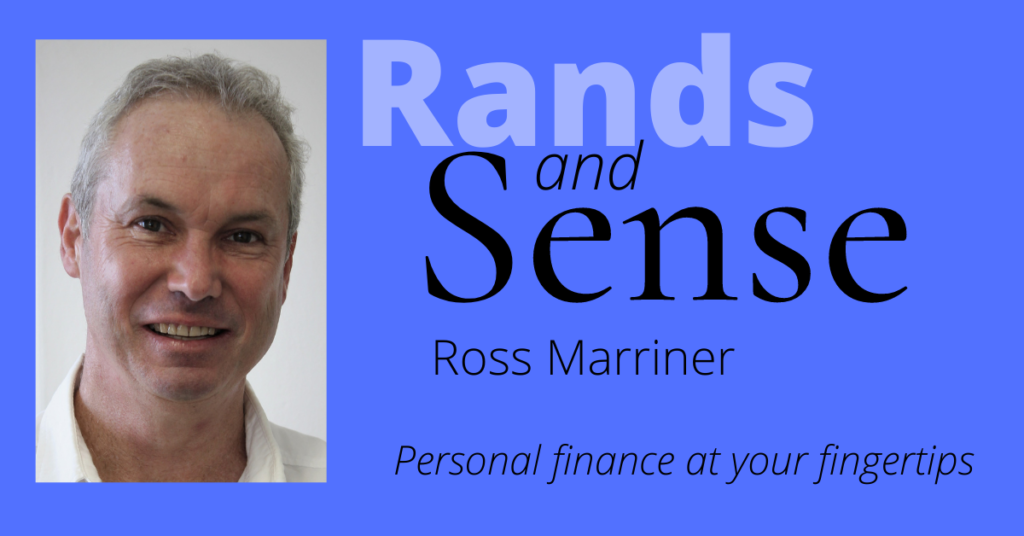By Ross Marriner
Times are tough, and many South Africans are finding it hard to stay out of debt. According to the South African Human Rights Commission, over half of South Africa’s credit-active consumers are over-indebted, and it is not just low or no-income earning who are suffering. Middle- and upper-income earning South Africans are also affected by increasing costs and high interest rates.
Sometimes, you have no option but to borrow money to make ends meet. You should always only do this as a last resort. Instead, you should do everything you can to avoid getting into debt, as you will end up paying much more than the value of the item purchased. This is due to the addition of finance charges and various other hidden costs. There are times when it makes sense to borrow money, for example, when you purchase an asset that has the potential to appreciate in value, such as your home. This type of debt can be regarded as “good debt” as the repayments do not increase with inflation. Debt such as credit card debt, a short-term loan and a store account is usually not good debt.
These suggestions, if followed, may help you to stay out of debt.
Learn to budget – monitor your spending and keep records. When drawing up a budget, it is sensible to overestimate what you anticipate spending and underestimate what you expect to earn or receive. Identify your fixed commitments such as rent, mortgage bond repayments, rates and taxes and so on, as well as variable expenditures for necessities such as food, airtime and related expenditures. Do not forget to allocate an appropriate amount towards saving for short, medium and long-term goals. For example, the education of your children and for a comfortable retirement. Your disposable income is any money left over after all these expenses and investments have been taken into account. Recognise that your disposable income is what you can spend and nothing more.
Don’t spend what you don’t have. It is human nature to want to have something immediately and to worry about paying for it later. Marketers love this flaw in our characters and try to exploit it as best they can. If you want something, rather save up for it, and once you have accumulated enough money, then pay cash for it instead of buying it on credit.
If you have a credit card, always try to pay the outstanding balance in full every month and take advantage of what you can get back from any rewards and loyalty points associated with the facility. Take advantage of special offers when you can and shop around before making important purchases. Wherever possible, avoid making spontaneous or impulse purchases.
Finally, make sure that you have sufficient life and income protection cover, short-term insurance and medical aid in place to take care of you and your family in the event of an unforeseen event happening in your life. Without appropriate cover in place, the financial and emotional consequences of such an event could be devastating.
Rands and Sense is a monthly column written by
Ross Marriner, a CERTIFIED FINANCIAL PLANNER® with PSG Wealth.
His Financial Planning Office number is 046 622 2891


